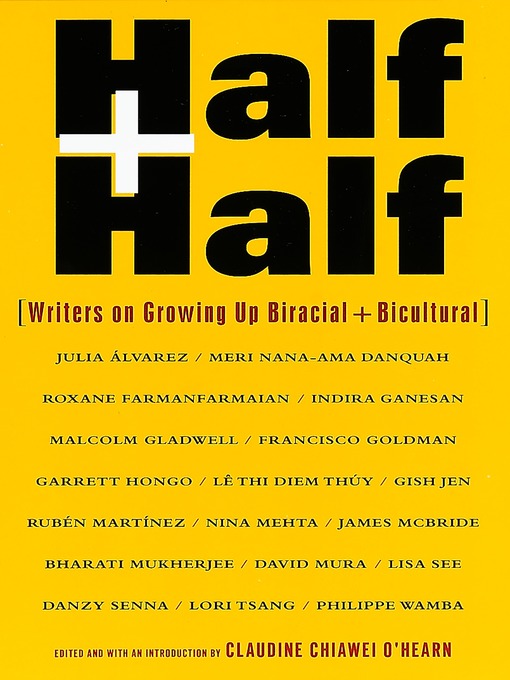- New eBook additions
- Available now
- New kids additions
- New teen additions
- Try something different
- See all ebooks collections
- Full Cast Audiobooks
- Love Stories to Listen To
- Listen While You Run - Audiobooks for Workouts
- New audiobook additions
- Available now
- New kids additions
- New teen additions
- Try something different
- Most popular
- 2024 Youth Media Awards
- See all audiobooks collections
- News & Politics
- Celebrity
- Home & Garden
- Health & Fitness
- Tech & Gaming
- Fashion
- Family & Parenting
- Travel & Outdoor
- Sports
- Business & Finance
- Photography
- See all magazines collections


